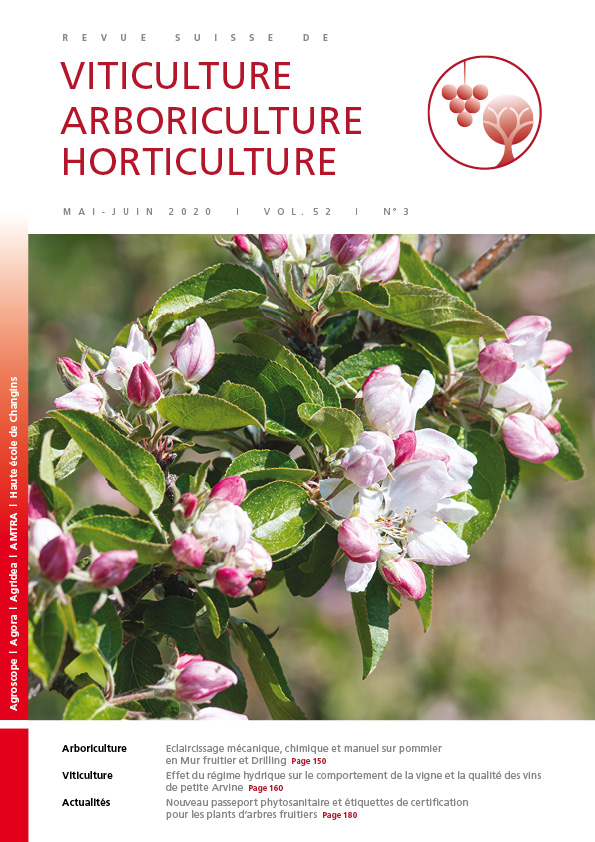
Issue 3 - May - June 2020

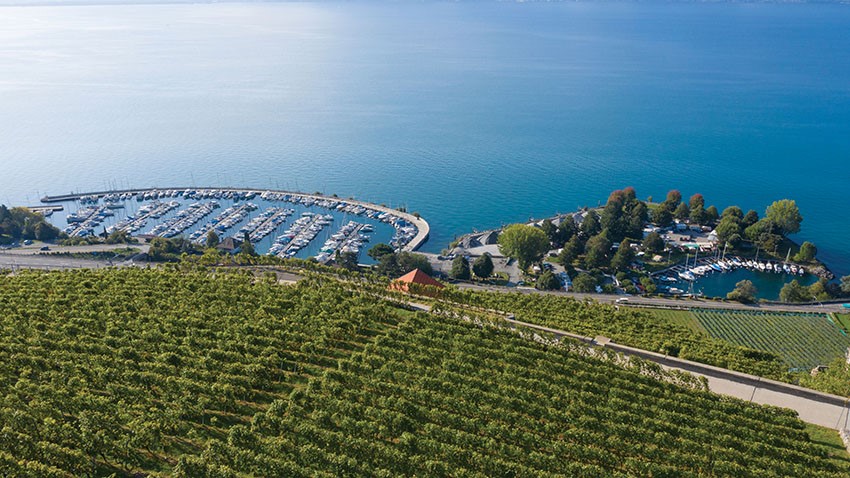
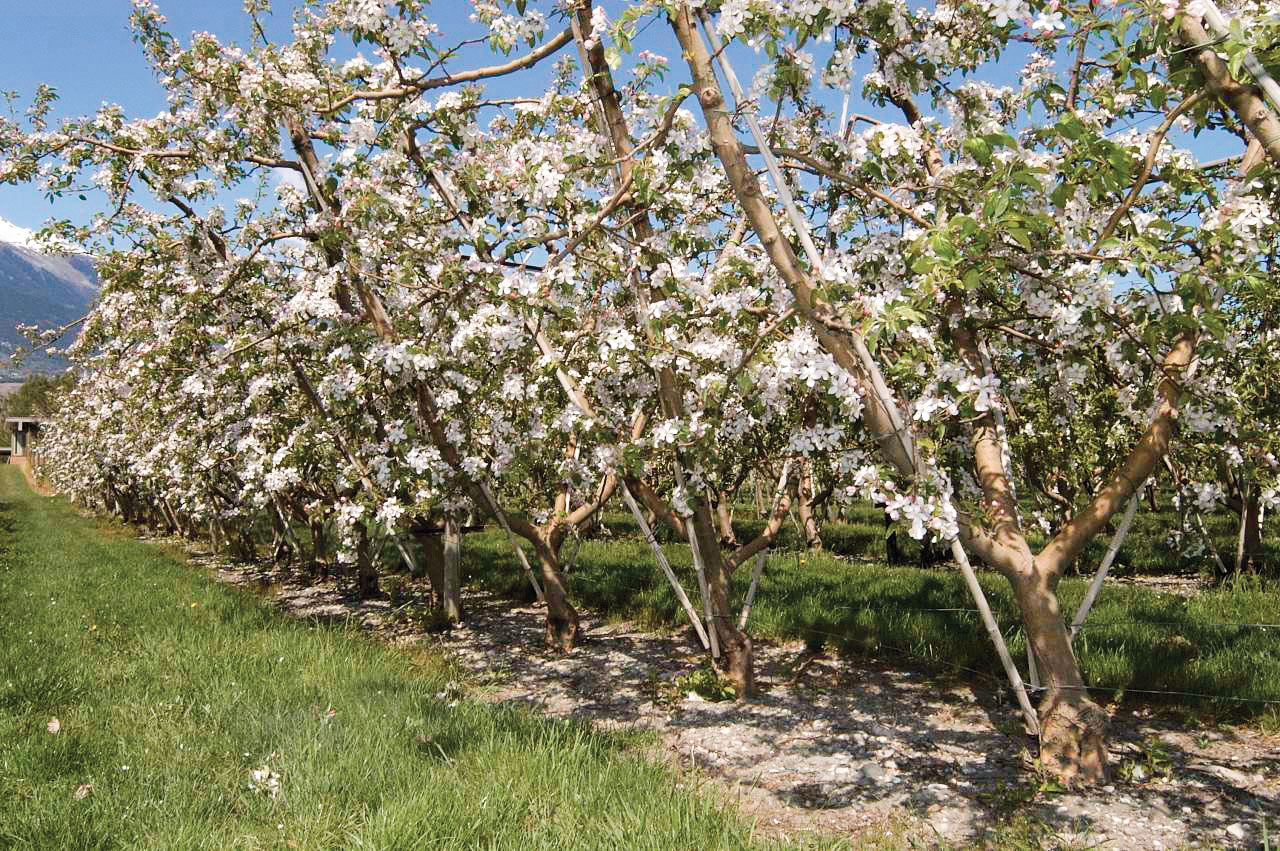
Abstract in open access
Three thinning processes were compared for three consecutive years on the cultivar Gala, clone Royal: mechanical (M), mechanical reinforced by the application of vinasse (MV) and synthetic products (hormones, H). For the 3 processes, in order to measure the importance of their respective efficiency, an additional regulation of the load by manual thinning was applied at the end of June on half of the trees. These experimental procedures were tested on the apple cropping systems fruit wall, i.e. a narrow hedge that can be easily mechanized, and on a V-shaped training system (Drilling). The results showed that the different thinning processes M, MV and H did not differ significantly in yield, fruit quality and regularity of production. On the other hand, manual thinning contributes to a better commercial quality of the fruits and a decrease in production alternation. The V-system does not produce higher yields but was generally better in terms of quality with higher size and better coloring of the fruits, largely due to better production regularity.
Keywords: apple cropping system, fruit load control, fruit thinning, orchard, mechanisation
E-Mail: philippe.monney@agroscope.admin.ch
Adress: Agroscope, 1964 Conthey
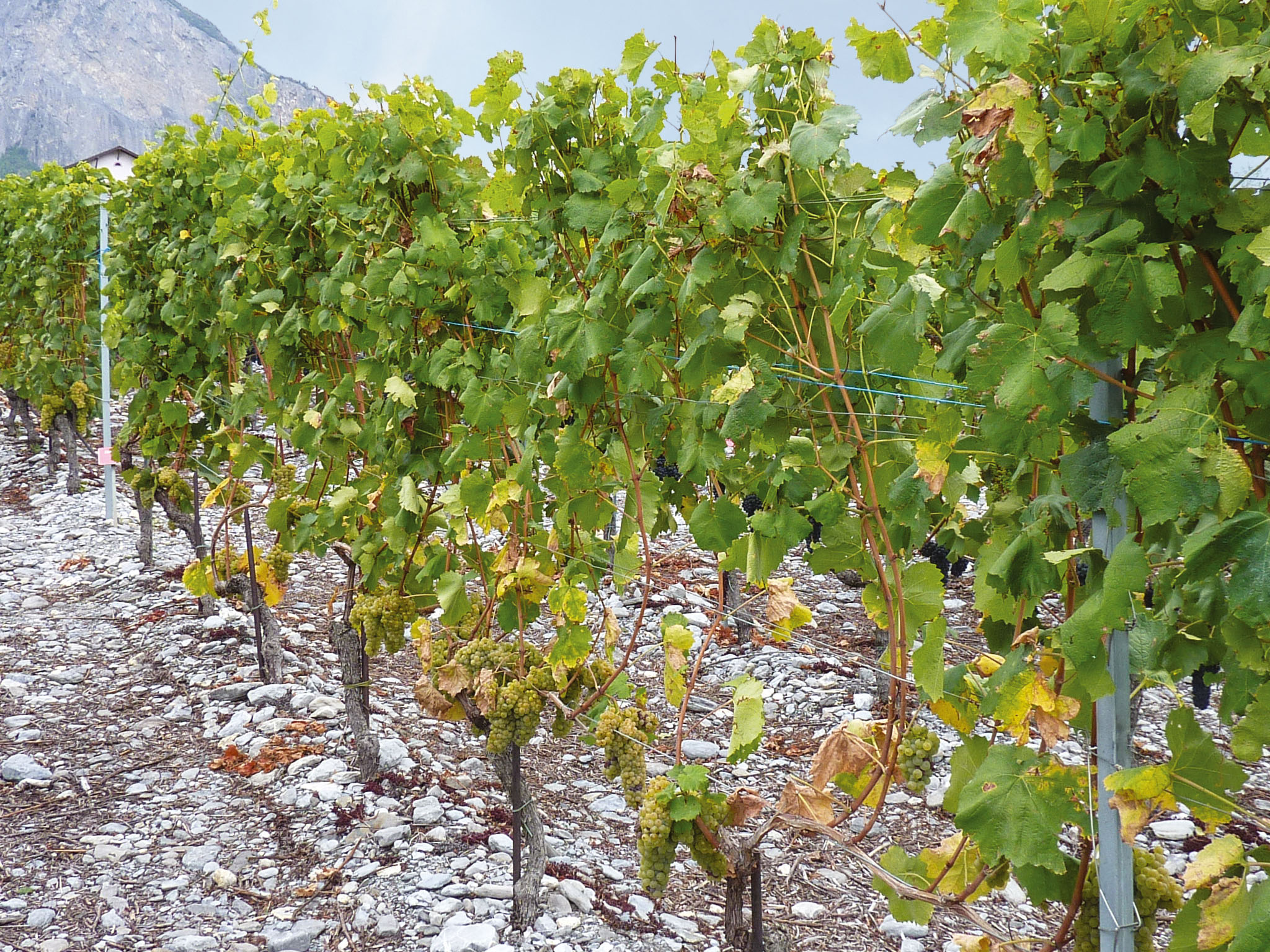
Abstract in open access
From 2009 to 2016 an irrigation trial was conducted on Agroscope’s experimental farm in Leytron to study the effect of vine water balance on physiological (gas exchange, vigour) and agronomic behaviour (yield components, grape composition), as well as on the quality of wines of the Petite Arvine grape variety. Reduced water supply to non-irrigated vines led to lower shoot vigour. Yield and its components (bud fertility, berry and cluster weight) were not heavily affected by vine water status. By contrast, nitrogen concentration in the must decreased with increasing water stress. Sugar- and aromatic precursor content (3-mercaptohexanol, P-3MH) was not influenced by vine water balance. Wines from vines suffering from a significantly reduced supply of water and assimilable nitrogen (non-irrigated vines in hot, dry vintage years) exhibited a less intense aroma and a lower typicity in their bouquet, as well as a higher bitterness in the mouth than wines from vines well supplied with water and nitrogen. In general, Petite Arvine wines, made from grapes well supplied with water and nitrogen, achieved higher sensorial ratings.
Keywords: irrigation, water stress, physiology of the vine, wine quality
E-Mail: vivian.zufferey@agroscope.admin.ch
Adress: Agroscope, 1009 Pully
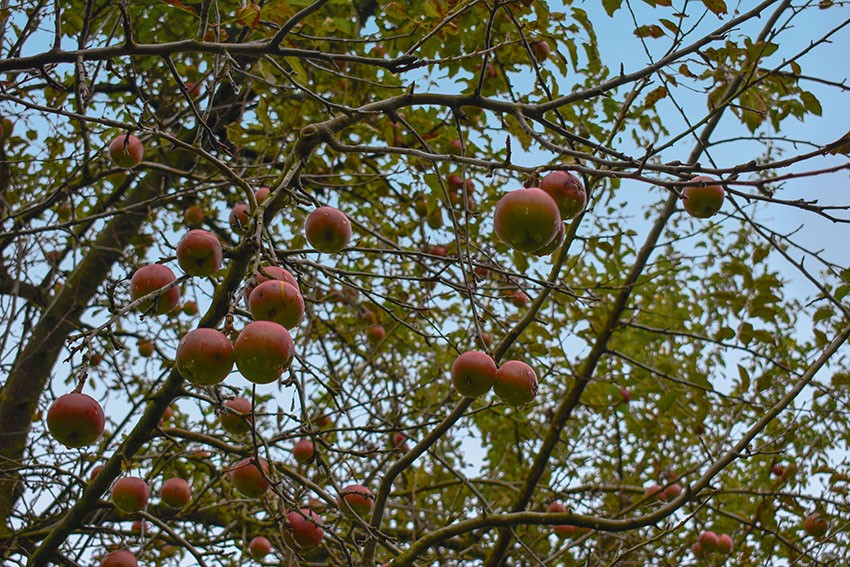
Abstract in open access
Defoliation due to Marssonina can lead to yield losses. The fungus Marssonina coronaria is now regularly observed in reduced-input orchards in Switzerland. A synthesis of three years of plant-protection-product trials in high-stem orchards provides new data for understanding the behaviour of this disease. Control measures for Marssonina coronaria are indispensable in order to prevent a sharp fall in yields after several years of damage. The impact of the disease on juice quality was difficult to gauge during tastings; a comparison with juice from healthy trees failed to highlight a significant difference. Nevertheless, the analytical values point to a disturbance of the tree’s metabolism.
Keywords: Fungus Marssonina coronaria, apple production, plant protection, juice quality.
E-Mail: perrine.gravalon@agroscope.admin.ch
Adress: Agroscope, 8820 Wädenswil
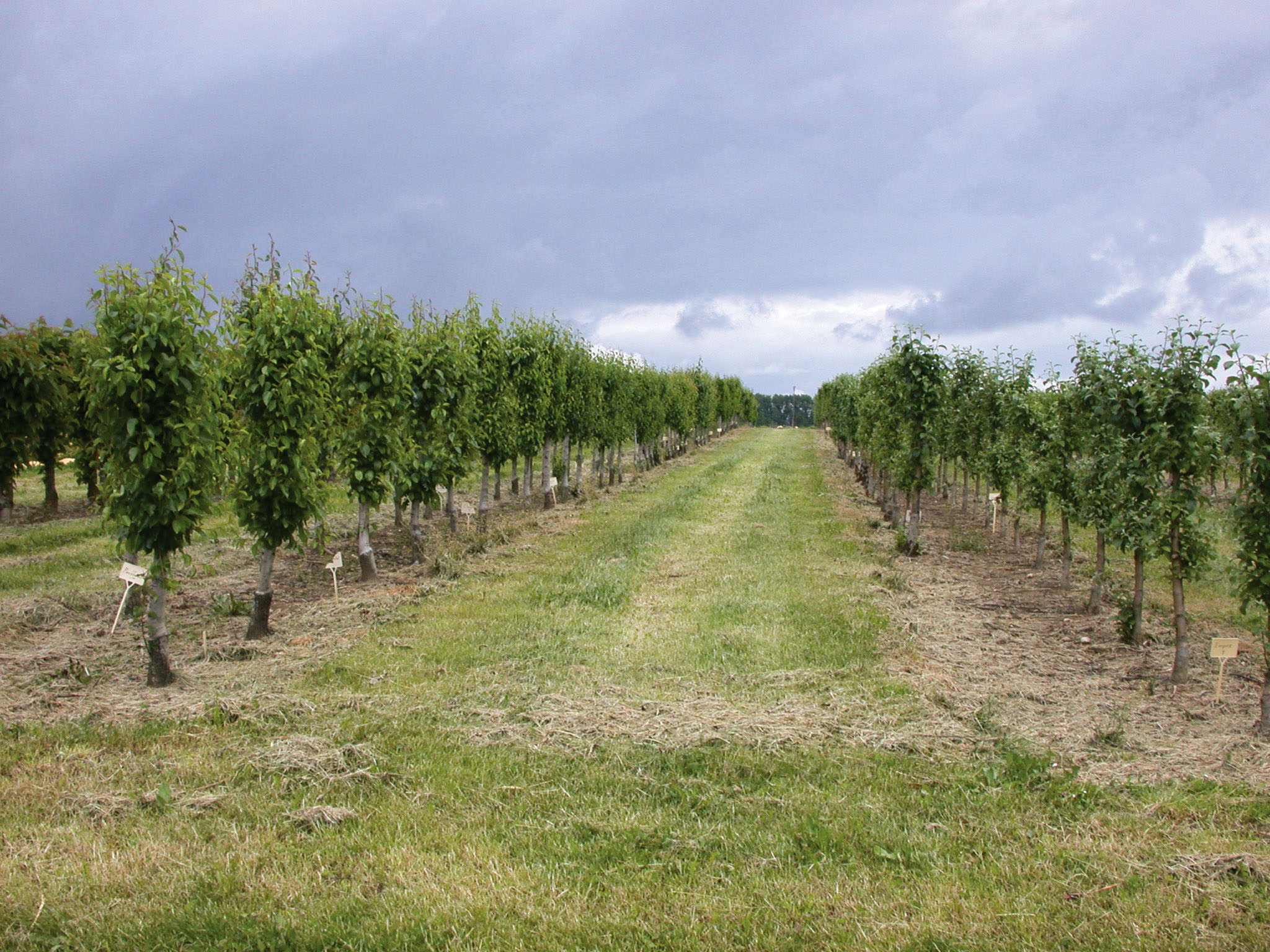
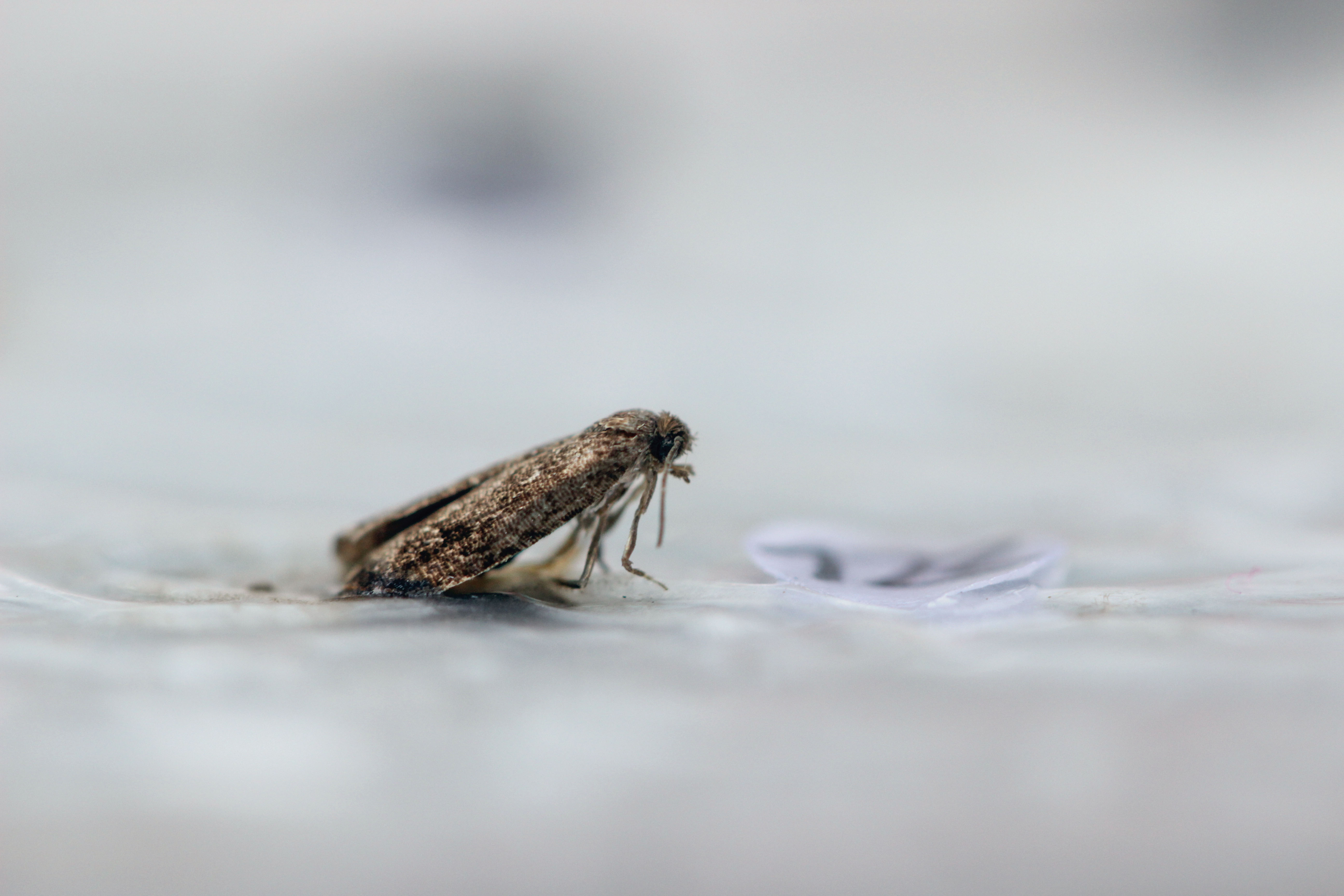


 Download of full issue
Download of full issue
 Download article
Download article